Fading faith, enduring hope
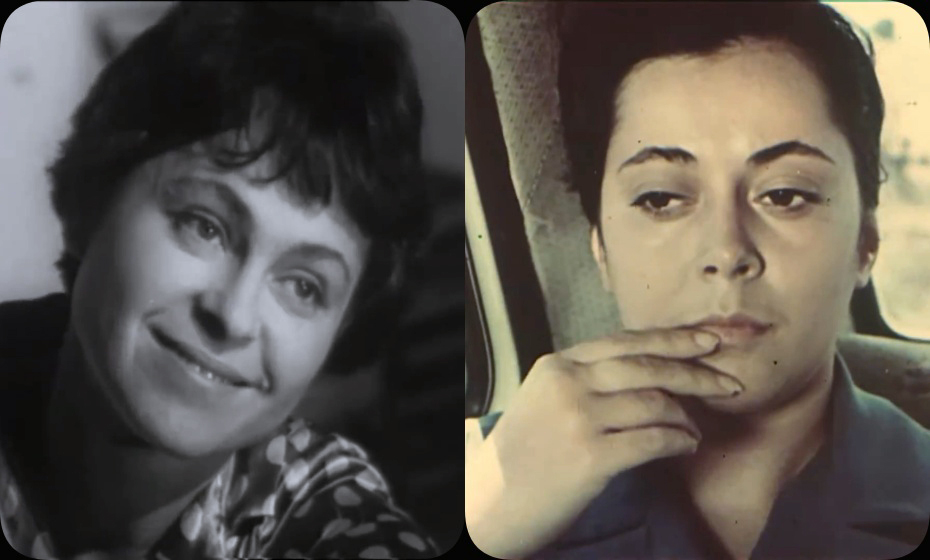
The film “Brief Encounters” directed by Kira Muratova and co-written with Leonid Zhukhovitsky was shot in 1967 and screened primarily in tiny cinema halls. Thereafter, the public presentation of the film was prohibited until 1987, owing to its depiction of events that differed with the typical Soviet cinema. In this film, the protagonist lacks characters of diligent peasants, such as a geologist and a dedicated party worker. Kira Muratova fully individualized these characters by liberating from influence of the collective consciousness. The story centres on the lives of two women. They are opposites in terms of mindsets, life perspectives and intellectual approaches. Valentina is a more mature woman and has extensive life experience. She is in the final stages of alienation, whereas Nadya is only at the early stages. The alienation between them is presented in geographical terms as well: Valentina stands for the city, whereas Nadya embodies the countryside.
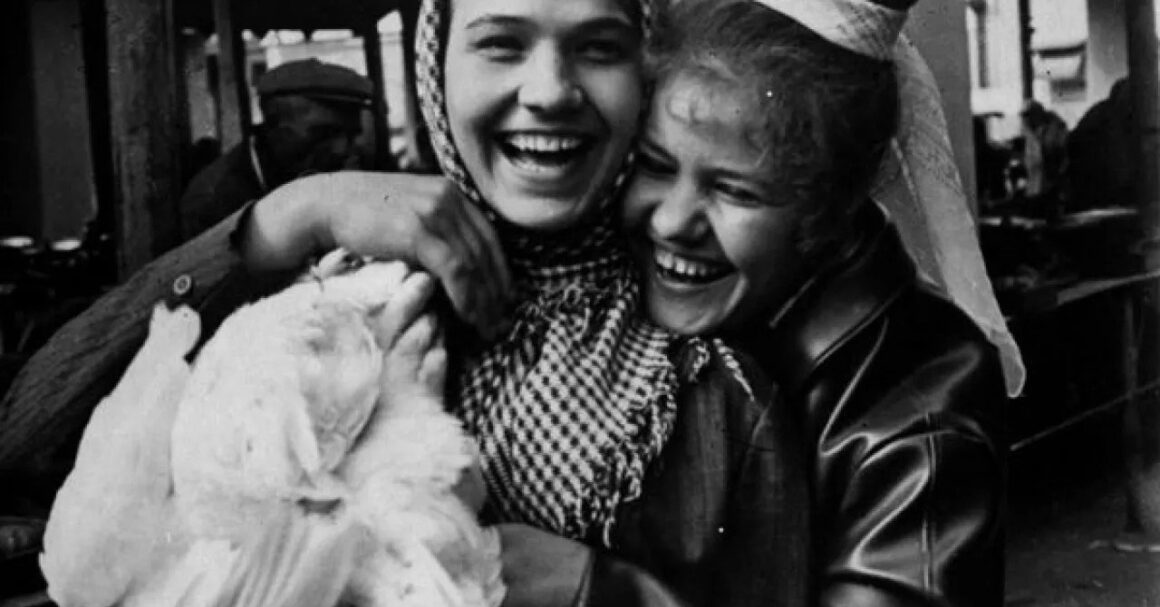
Valentina’s alienation from the party, the system and the ideology is revealed through her failure to prepare speech material for the meeting. Although she repeats the expression “dear comrades”, she is unable to advance the rest of her speech. By placing a pencil vertically on the desk, it appears that she wants the pencil itself to write the text instead of her.
In the film “The Long Farewell” directed by Muratova, we also observe the protagonist’s state of inability with the act of writing. Yevgeniya Vasilyevna realizes that her son no longer desires wish to live with when she reads the letter her father has addressed in response to Sasha. Despite her efforts to compose a telegram to her ex-husband, she repeatedly crumples the paper and tosses it into the wastebasket. Even when the woman places the pen back in its place, it slides three times and falls to the floor. Thus, the character’s inability with writing and sense of impasse are conveyed to the audience through the symbolism of objects. Likewise, the pen that doesn’t remain stable signifies the “blow” the mother suffered from her son…
Similarities draw attention between the film “Firangiz” directed in 1975 by Anvar Abluj and Abdul Mahmudov (adapted from Bayram Bayramov’s novella “Coolness”, with screenplay written by the same author) and “Brief Encounters”. Firangiz (played by Vafa Fatullayeva) holds a high-ranking position in the Soviet system, similar to Valentina. Murad (played by Rasim Balayev), her husband, leaves her behind in the city and returns to the countryside. One of the differences between two films is that the film directors in Azerbaijani film emphasize Firangiz not as an individualist but as a “conscientious” Soviet citizen. They also portray her as prioritizing her career over her husband and family, resisting toward her and opposing in this context. In contrast to Muradova’s character Valentina, the female protagonist in the film “Firangiz” delves into ideological considerations. Regardless, Firangiz, being a woman, returns to the countryside to visit her husband. The main purpose of her visit is to find out whether Murad has been unfaithful to her (within an ideological context). Firangiz’s face, marked by a frosty and unfeeling (pedestrian) expression, reflects her solitude. Through this, the directors might have revealed the woman’s personal story and alienation in her relationship with her husband. Such personal traits are suppressed beneath Firangiz’s character as a conscientious party worker. Firangiz, like Valentina, is in a state of hesitation. Valentina’s indecision, disagreements with her lover and attitudes toward life, relate to ideological divergences and values.
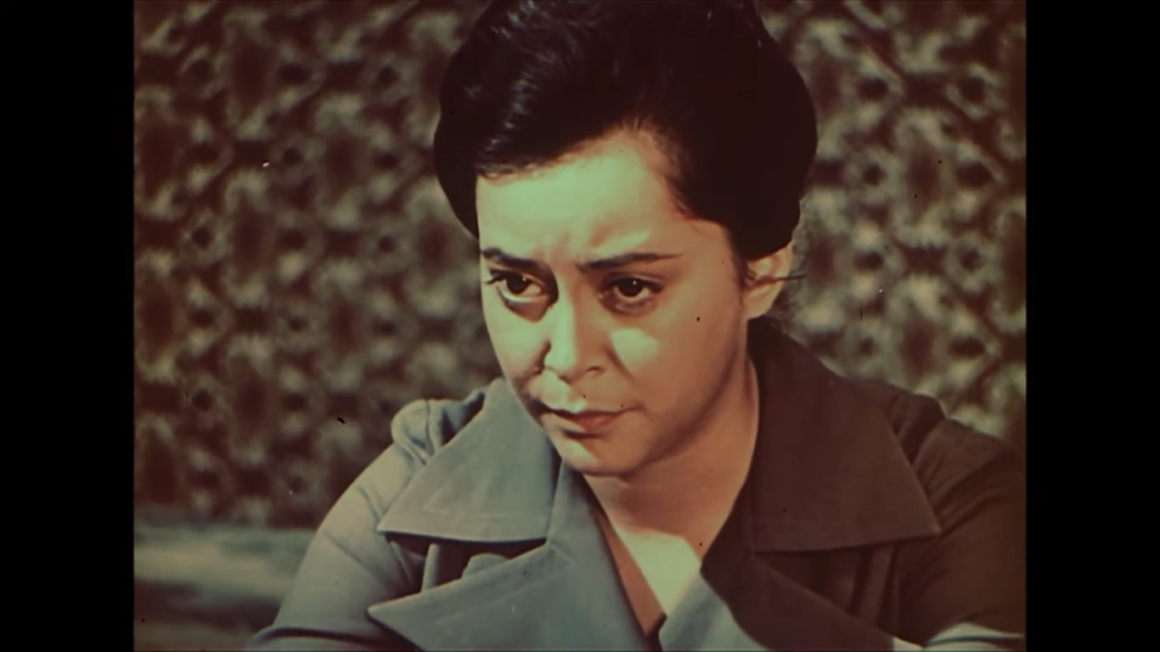
Firangiz and Murad’s encounter occurs not as that of spouses, but as that of party colleagues. The authors somehow avoid stripping their personal relationships of such emotional depth. Firangiz and Murad avoid embracing; they are prevented from sexual intimacy both in public and in their private lives. However, this prevention is depicted not critically, but as something that ought naturally to occur.
Valentina is thinking about whether to postpone the meeting. Just when the protagonist’s consciousness spirals into a storm of thought, the author suddenly trivialize the matter as merely a domestic affair. Valentina, staring at the dirty dishes, drifts into pondering whether to wash them “now or delay until tomorrow”. This situation expresses the woman’s fatigue of spirit. Even she attempts to postpone the meeting to another day, fails to receive an affirmative answer “yes”. For the state, one’s lack of mood or feeling unwell is no excuse to delay the meeting. In this context, the collectivism takes precedence over the individualism. The Soviet citizen is always “happy”. From this perspective, we can observe the difference between Firangiz and Valentina. Leaving her work unfinished in the city, Firangiz arrives in the village after making a long journey. The viewer witnesses her fatigue. The viewer’s sense of justice is proved when the driver stops the car and gives Firangiz a opportunity to rest. But Firangiz declines to accept it. Upon arriving at the destination, we witness Firangiz immediately diving into her work, without resting. Firangiz is undeterred in her duties, retains her belief in the party. It is apparent as she stays composed even when confronted by those who impede her intimacy with Murad. She perceives herself not as an individual but as a servant of the party. This issue also arises during the dispute between Alkhas and his wife Masma. Masma calls on them to kiss each other. Alkhas becomes angry and asserts that he is the secretary of the district party committee. In her response, Mrs. Masma’s statement that Firangiz is a woman like herself articulates the contrast between individualism and collectivism.
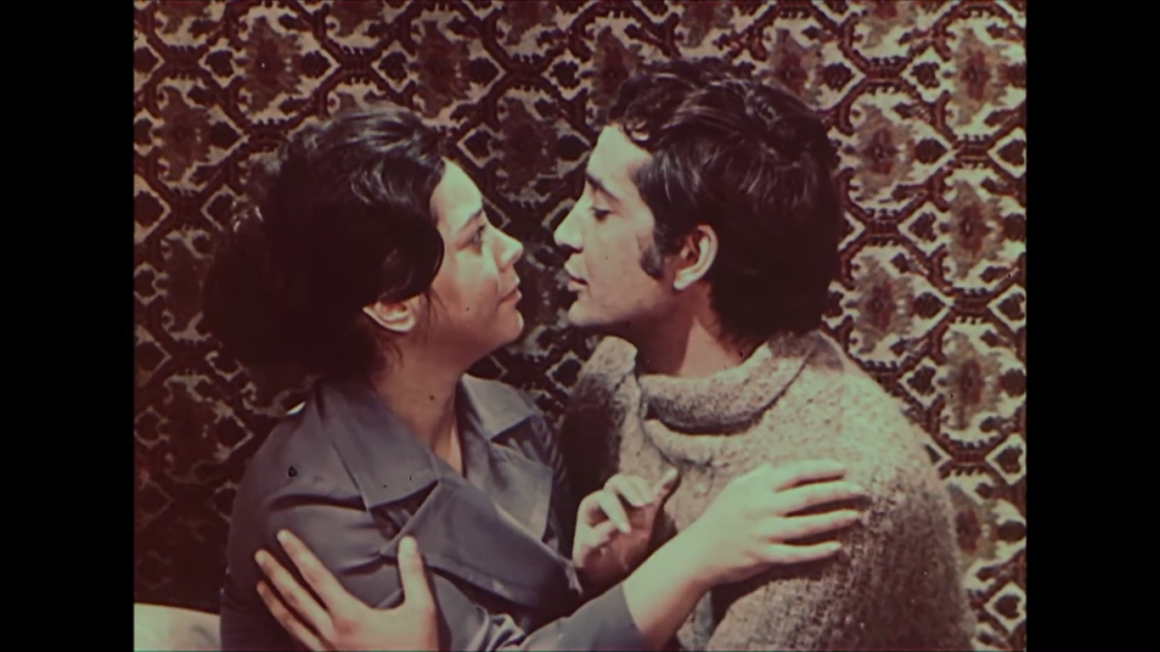
The string of the guitar hanging on the wall breaks before Nadya, who is in love with Maksim, arrives at Valentina’s house. The author thereby indicates that the woman’s arrival is related to Maksim. Maksim performs both on the guitar inherited by Valentina’s grandfather and the one gifted to him by Nadya while dining at the café. The two guitars embody Valentina and Nadya, reflecting Maksim’s reign within the spirits of both women. In parallel, the breaking of the guitar string mirrors the rupture of the relationships. But between which individuals does this rupture truly take place? Does the rupture lie between Maksim and Valentina, or between Maksim and Nadya?
Although Nadya stays at Valentina’s house to lend a hand in the daily household chores, the reason for her arrival is quite different. Their talk fails to take shape and this indicates their spiritual alienation. The understated conflicts between Valentina and Nadya emerge across different circumstances. The character of Nadya brings to mind Marie, the central protagonist in Robert Bresson’s “Au hasard Balthazar (“Balthazar, at Random”) (1966). Nadya, like her, regards the life through a lens of innocence. Generally, in a manner reminiscent of Bresson, Muratova focuses on the hands of her characters at several points in the film.
A lack of connection and difficult intercourse between the main characters exist in “Firangiz”. Murad and Firangiz fail to communicate with each other. This stems not only from external interference but also from the physical distance between them, which initially arises spiritually and later manifests spatially. The presence of doubt plays a pivotal role in this situation. Moreover, Firangiz’s standing also subtly influences how Murad relates to her. However, we don’t sense this between Maksim and Valentina.
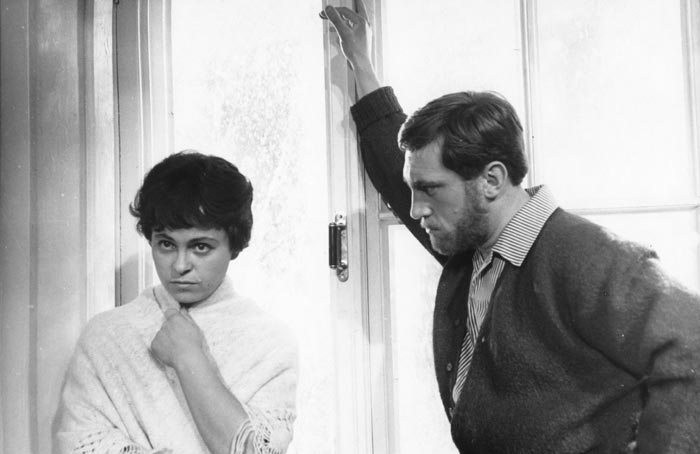
In the film “Brief Encounters”, Maksim assumes the role of a catalyst. A close viewing of the film reveals that Maksim’s character remains absent from the events occurring in the present timeline. We never see Maksim directly, (his voice is heard only near the end of the film); we perceive Maksim through Nadya’s and Valentina’s perspectives. Both women convey Maksim to the audience as he appears in their minds. Although Nadya and Valentina exist in the present timeline, Maksim is solely in the past, as illustrated by the film’s use of flashbacks. The audience attempts to understand Firangiz’s character via her inner monologue. The same cannot be asserted regarding Murad. In “Brief Encounters”, Muratova presents the characters’ brief moments of happiness through flashbacks, facilitating a deeper comprehension of their personalities. But in “Firangiz”, we cannot learn the past trials and experiences Murad and Firangiz. Murad is only known to have worked as a veterinarian. Currently, he is working on a dissertation in sheep farming. Firangiz visits the farm, in fact, to investigate and to expose the illegality stemming from excessive reporting. Additionally, she seeks to determine her husband’s possible involvement in the matter. Regrettably, the narrative resolution for the question whether Murad deceives Firangiz (in addition, the state) or himself deceived by the antagonist Feyzi (played by Shahmar Alakbarov) is unsuccessful. This results in the viewer’s inability to define Murad’s true identity. On the other hand, it raises the question for us how an educated man like Murad could so easily be deceived by a shepherd like Feyzi. It is an absurd situation.
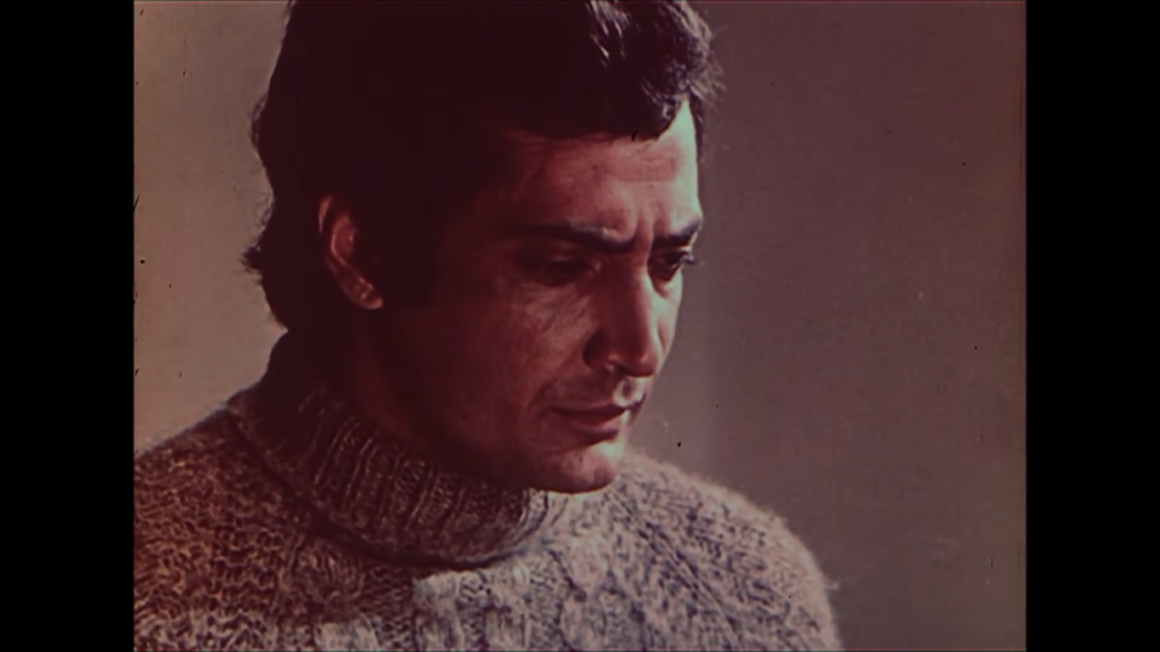
Maxim, the character of “Brief Encounters”, is presented to the audience through a female gaze. A handful of subtle details suffice to open a window into her inner life. Maksim leads a nomadic life for being a geologist. This also symbolizes being completely homeless, freedom, if taken to the extreme, anarchy. The character of Maxim is inconsistent with the image of the heroic Soviet citizen.
However, the fact that Murad’s relationship with his wife and his social identity are partially disclosed in “Firangiz” influences the course of the film. The directors appear to have denied Murad the right to voice his opinion.
Unlike Maksim, Valentina is positioned as a kind of prisoner, having obligations and responsibilities. On the grounds that the water supply problem remains unresolved, she disallows the residents to inhabit in their newly built homes. She knows that, within a year or two, the will complain about the water. Reluctantly, she finds herself forced to feign indifference toward the people. Thereby, this also helps us understand why, at the beginning of the film, Valentina is unable complete the phrase “dear comrades” and avoids insincerity. Nadya here represents the spirit as well. In one episode, Nadya deletes an audio recording of Valentina’s prepared speech for the meeting. When Valentina inquires about the reason, Nadya replies that she is not telling the truth. This also points to Valentina and the party lying and deceiving the people. Valentina, grasping the situation, quietly comes to terms with what has happened.
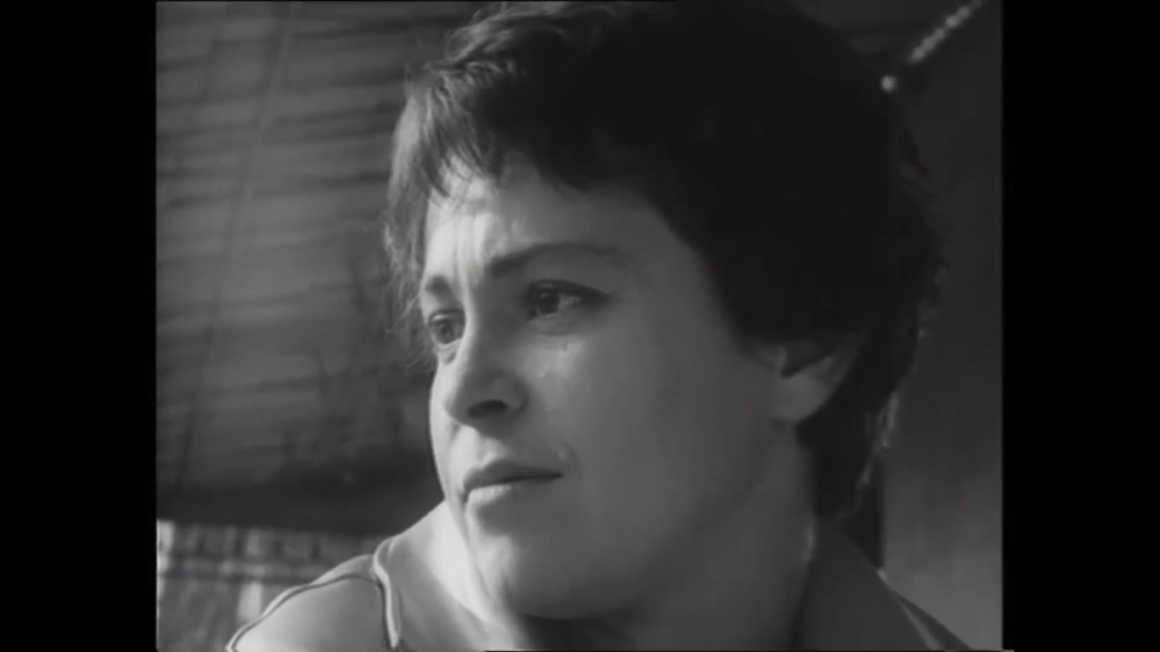
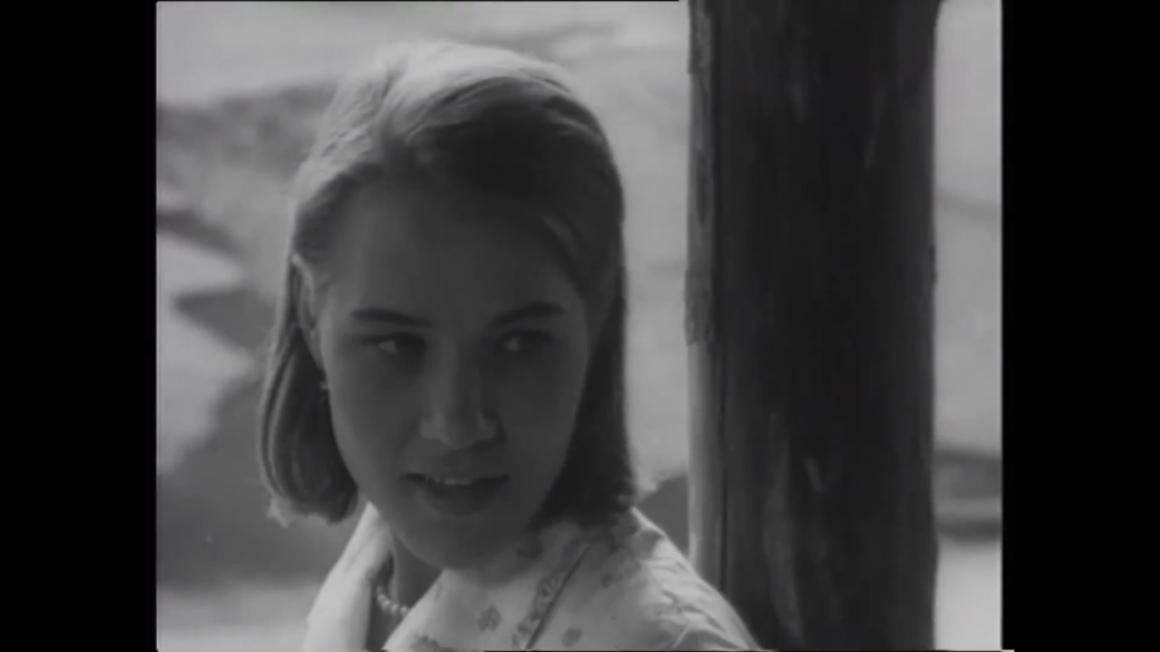
Having completed her tasks in the village, Firangiz returns to the city. Unlike Valentina (and Nadya), she maintains a steadfast belief in the party and contemplates rescuing Murad, the village, and the party from deceitful individuals who betray them.
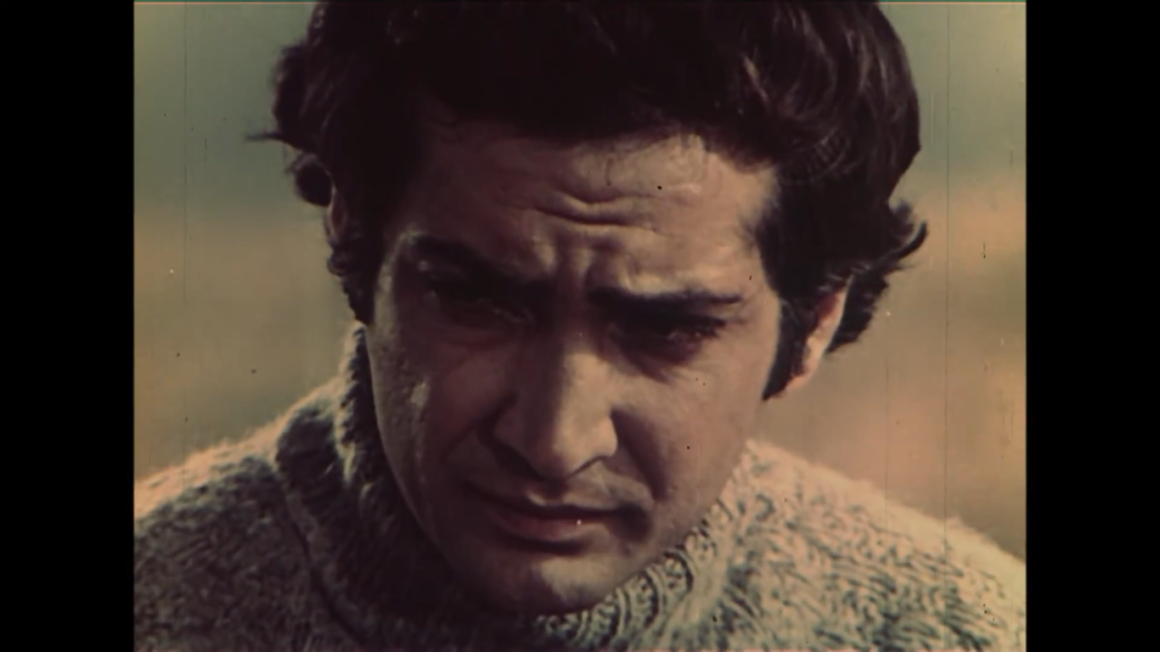
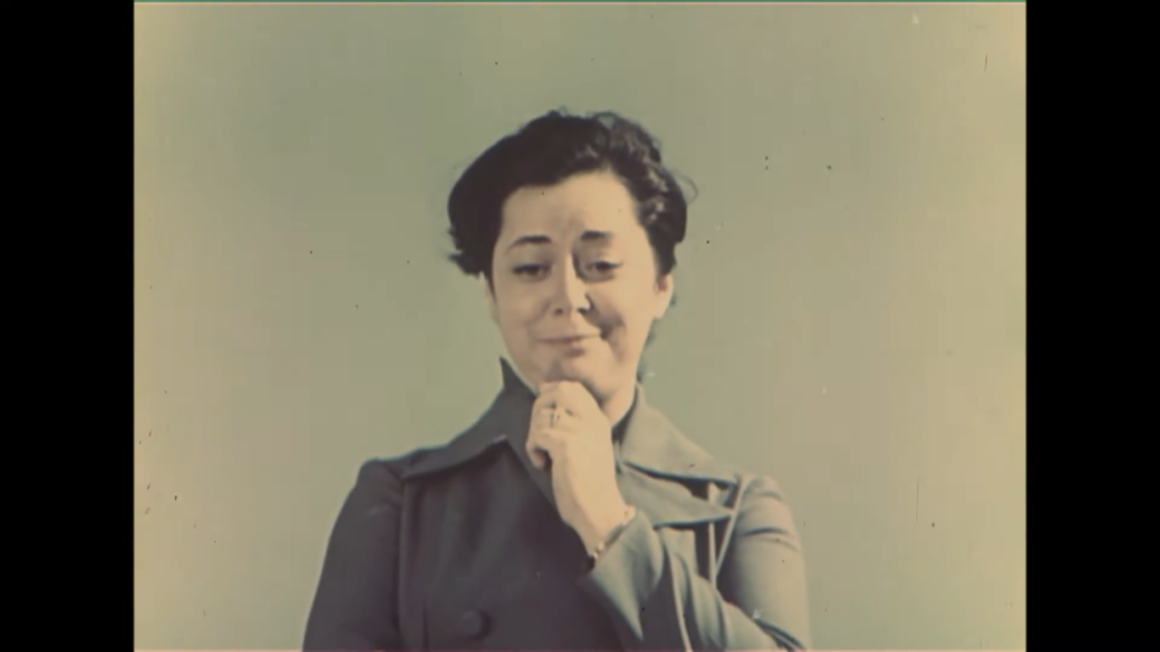
At the final scene of the film, Nadya sets the table for Valentina and Maksim, and takes one of the oranges from the plate upon leaving – this symbolizes their love. At the end of the film “Firangiz”, we witness that Murad’s reputation in the village is irreparably damaged. What unsettles him most is the fear of losing Firangiz. She also desires Murad to reintegrate into society as a citizen. We witness the stylistic disruption in traditional Soviet film. The characters created by Kira Muratova are new for Soviet cinema, which each of them is a free-spirited person. Viewers observe an example of traditional socialist realism in the film “Firangiz”. She only encounters a militant party worker and a villager who deceives the state for personal profit. None of the protagonists depicted by Abdul Mahmudov and Anvar Abluj are free. However, they regard the future confidentially.
Najaf Asgarzade
